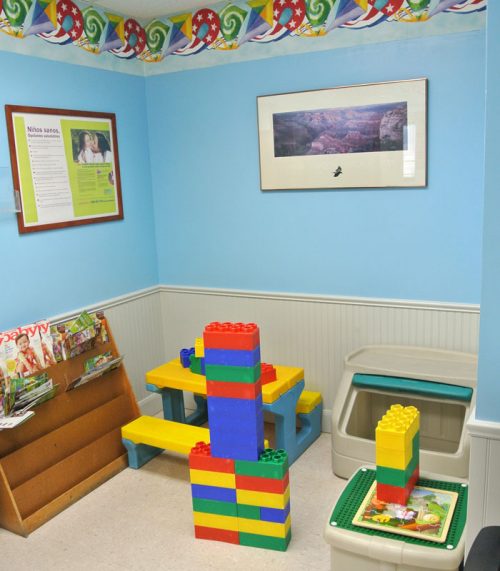Celiac Disease
Understanding Celiac Disease
Celiac Disease is an autoimmune disorder where the ingestion of gluten—a protein found in wheat, barley, and rye—triggers an immune response that damages the small intestine lining. This damage can lead to malabsorption of nutrients and a variety of gastrointestinal and non-gastrointestinal symptoms. Celiac Disease is a lifelong condition, and the only effective treatment is a strict gluten-free diet.
Schedule an Appointment
If you observe these symptoms in your child and are concerned about Celiac Disease, it is important to seek a comprehensive evaluation from a healthcare professional. Scheduling an appointment with us can help in obtaining a proper diagnosis, typically through blood tests and a biopsy, and developing an effective treatment plan to manage your child’s condition through a gluten-free diet and nutritional support.
Get In Touch
Chronic Conditions
Recognizing Symptoms of Celiac Disease:
You might notice several signs in your child that could indicate Celiac Disease:
- Gastrointestinal
Symptoms: Persistent diarrhea, constipation, bloating, abdominal pain,
and vomiting. These symptoms are often more pronounced after consuming
gluten-containing foods.
- Weight
Loss: Unexplained weight loss or failure to gain weight and grow,
despite adequate calorie intake.
- Fatigue:
Persistent tiredness or fatigue, which may result from nutrient
deficiencies due to poor absorption.
- Iron-Deficiency
Anemia: Unexplained anemia not responsive to iron supplements, often
due to poor absorption of nutrients.
- Dermatitis
Herpetiformis: Itchy, blistering skin rash often found on the elbows,
knees, and buttocks, which is a specific manifestation of Celiac Disease.
- Mouth
Ulcers: Frequent occurrence of sores inside the mouth.
- Delayed
Growth and Puberty: In children, delayed growth and puberty can be
signs of malnutrition caused by Celiac Disease.
- Neurological
Symptoms: Headaches, mood swings, and symptoms of anxiety or
depression.

